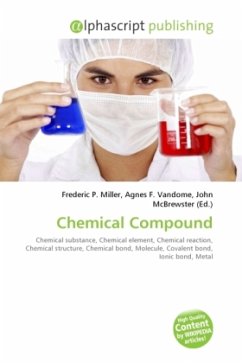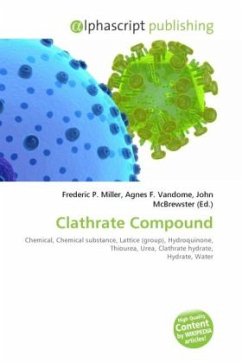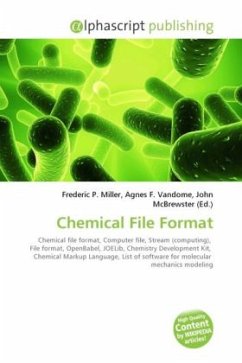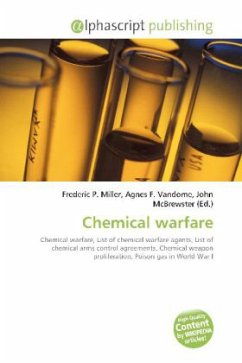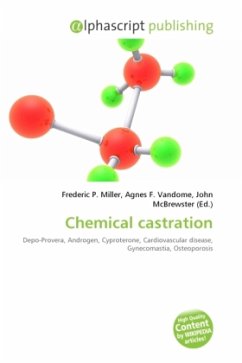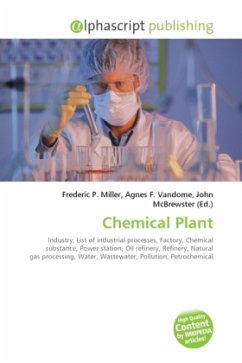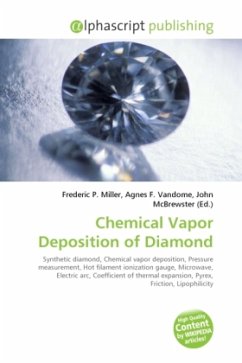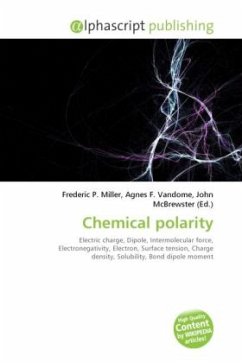A chemical compound (frequently shortened to compound) is a pure chemical substance consisting of two or more different chemical elements that can be separated into simpler substances by chemical reactions. Chemical compounds have a unique and defined chemical structure; they consist of a fixed ratio of atoms that are held together in a defined spatial arrangement by chemical bonds. Chemical compounds can be compound molecules held together by covalent bonds, salts held together by ionic bonds, metallic compounds held together by metallic bonds, or complexes held together by coordinate covalent bonds. Substances such as pure chemical elements and elemental molecules consisting of multiple atoms of a single element (such as H2, S8, etc.) are not considered chemical compounds. Elements form compounds to become more stable. They become stable when they have the maximum number of possible electrons in their outermost energy level, which is normally two or eight valence electrons. This is the reason that noble gases do not frequently react: they already possess eight valence electrons (the exception being helium, which requires only two valence electrons to achieve stability).
Bitte wählen Sie Ihr Anliegen aus.
Rechnungen
Retourenschein anfordern
Bestellstatus
Storno

